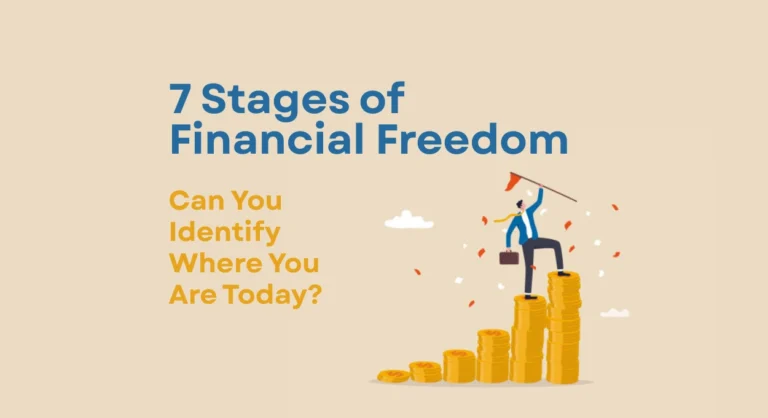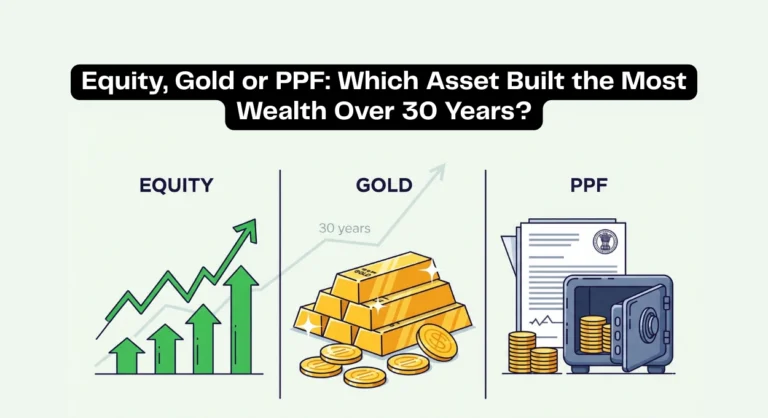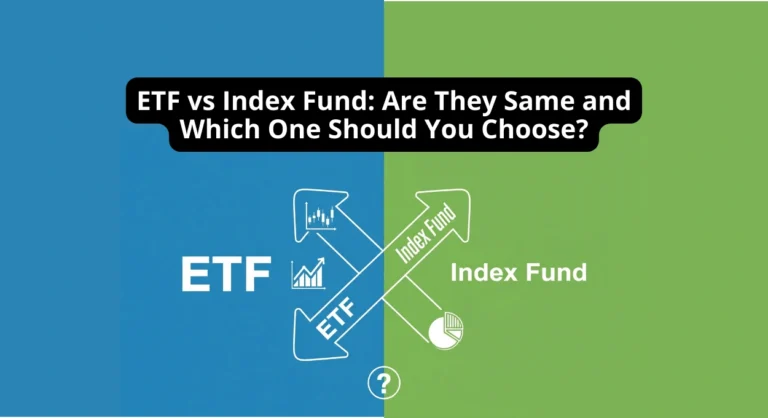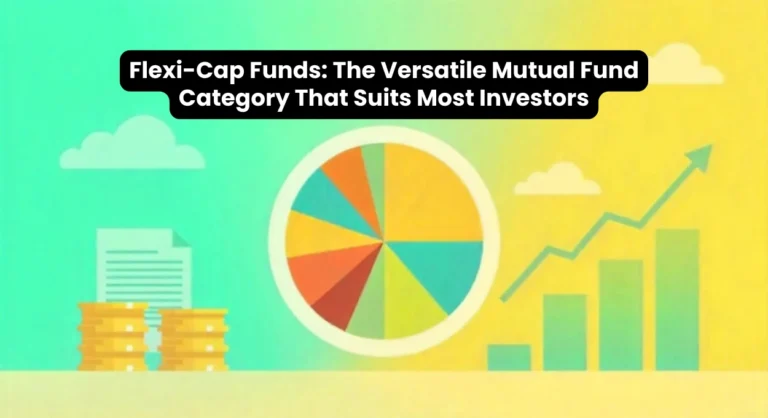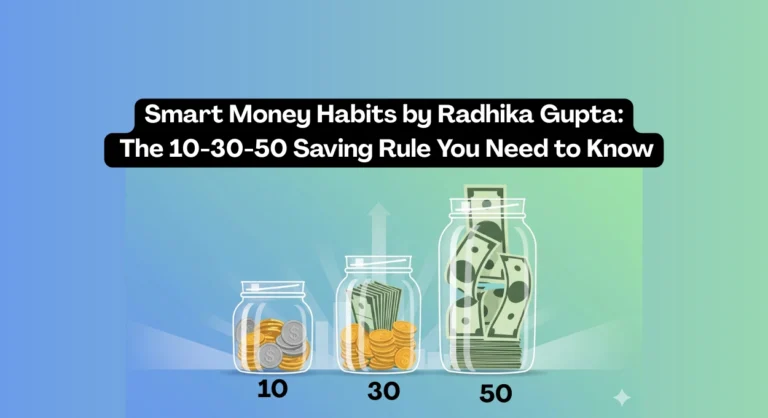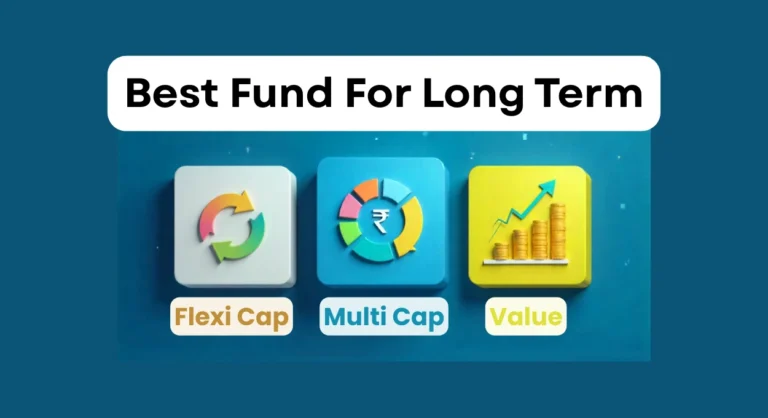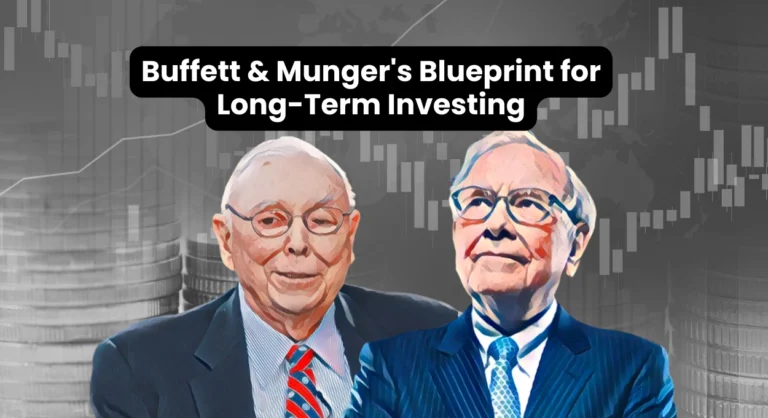Is 1 Crore Enough to Retire in India? The Truth May Surprise You
If you’re in your 30s, 40s, or even 50s, chances are you’ve asked yourself this big question: Is ₹1 crore really enough to retire comfortably in India? At first glance, it sounds like a huge amount of money, but when you consider rising costs, longer lifespans, and inflation, the picture becomes less reassuring. Let’s break…


